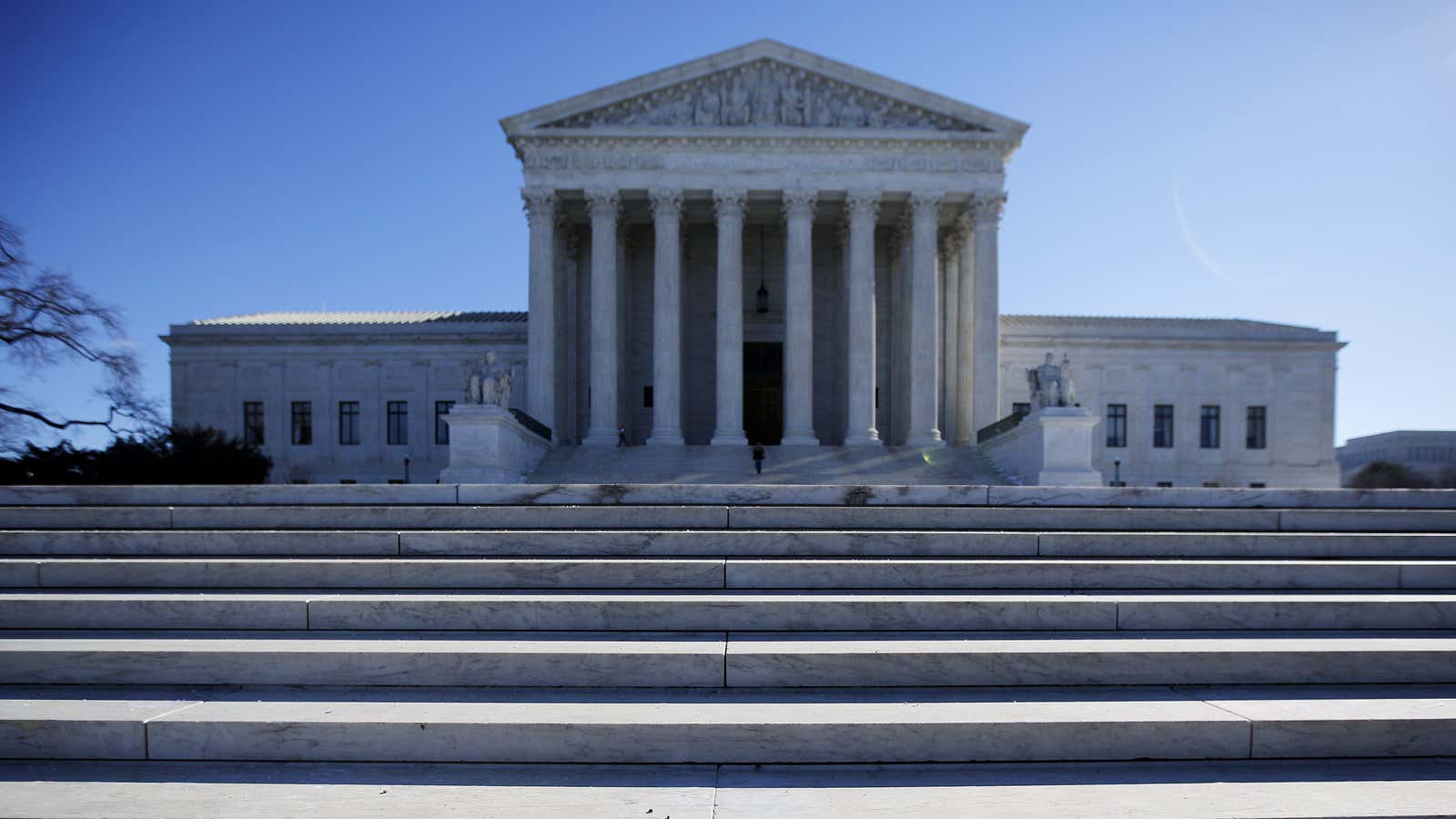The uneasy relationship between the US Republican party and the Donald Trump White House is under increasing strain this month.
Congress must pass a do-or-die schedule of bills to keep the federal government funded and supply aid to hurricane victims. But Trump gave Republicans a slap in the face last week by agreeing to a Democratic plan for the debt ceiling and hurricane relief, and they are also upset there are no details on the tax reform plan that his administration had said was its priority in the coming months.
A sign of the tension is that the Senate and House of Representatives, both of which the Republican party controls, have thwarted several Trump policies in recent days:
- On Sept. 12 the House blocked the administration’s attempt to loosen rules about asset forfeiture. (In July, the Department of Justice had said it planned to make it easier for law enforcement to seize assets of suspected criminals without court proceedings.) The House amendment is expected to pass the Senate and become part of the 2018 budget. Its supporters ranged from liberal progressives to members of the far-right Freedom Caucus.
- Last week, a Senate committee voted to overturn the “global gag rule” Trump signed in January. This rule denied US funding to international aid organizations that offer or discuss abortion, threatening maternal health services from India to Uganda. The committee vote, which was bipartisan, still needs to pass the full Senate in order to overturn Trump’s decision.
- In recent days, both houses of Congress passed a bill demanding that Trump speak out against racism and use governments funds to fight the growth of white supremacist terror groups—a direct rebuke to Trump for his comments after the fatal protests in Charlottesville, Virginia.
The US’s highest court, on the other hand, has handed Trump two big wins.
- On Sept. 12 the Supreme Court overturned rulings by a Hawaii court and San Francisco’s 9th Circuit Court of Appeals, and sided with the Trump administration in temporarily banning refugees from six Muslim-majority countries—a ban it first tried to impose in January. An estimated 24,000 refugees who had already been vetted by the government or accepted by aid agencies will be blocked from entering the country.
- The same day, the court ruled that Texas does not need to redraw its voting maps for the 2018 mid-term election. Two lower courts had ruled that the state had unconstitutionally gerrymandered its districts to weaken Hispanic and African American voters. The Trump administration appears to be attacking on voting rights for minorities; it set up a voting commission to examine whether millions of people voted illegally in the 2016 election, though election officials and fellow Republicans say there’s no evidence they did.
The Texas map vote passed 5 to 4 in the court. It’s a sign of how much Neil Gorsuch, the conservative judge that Trump named to the bench, could help the president’s agenda. Gorsuch filled a seat that had remained open for months under previous president Barack Obama because Senate majority leader Mitch McConnell refused to hold hearings to consider Obama’s nominee.
